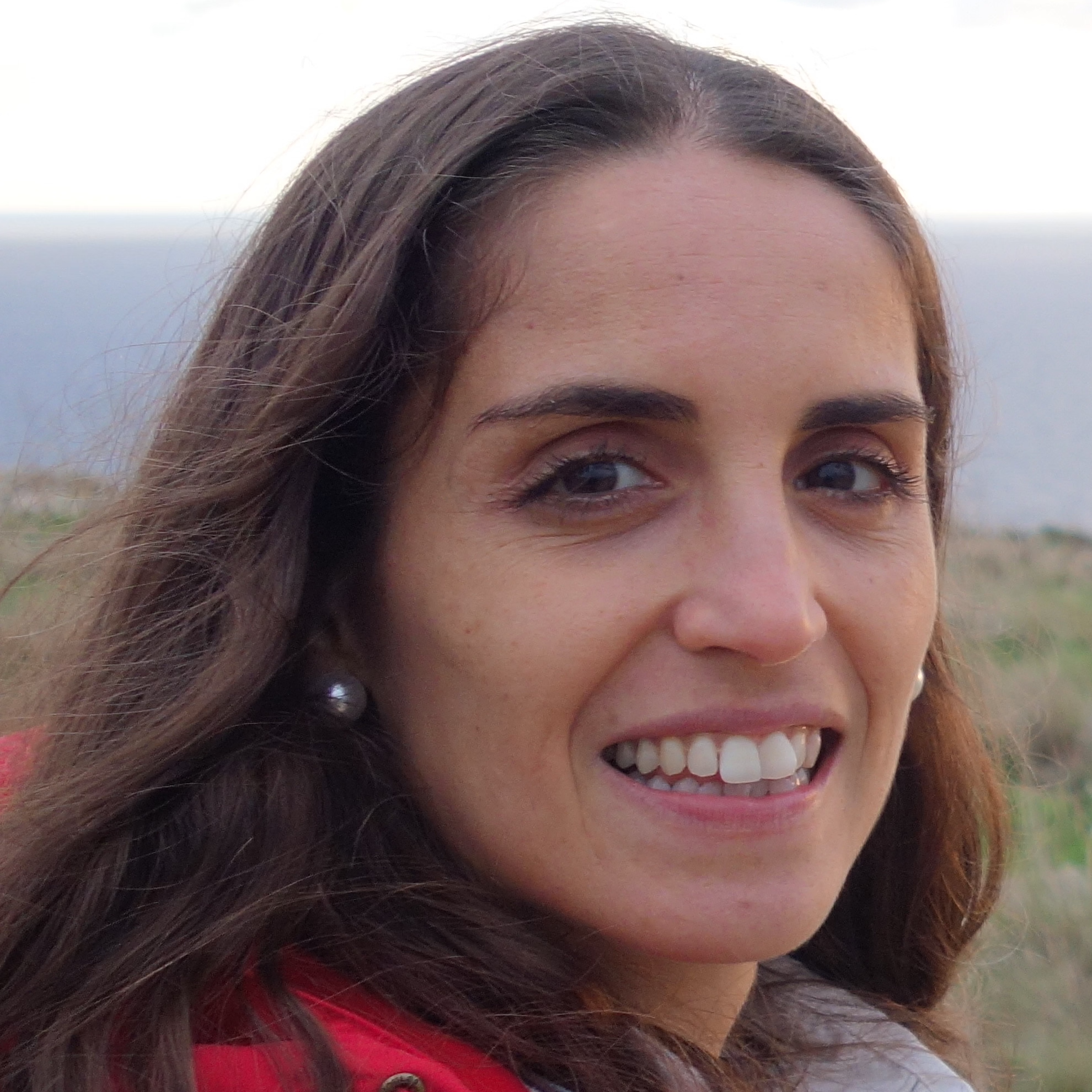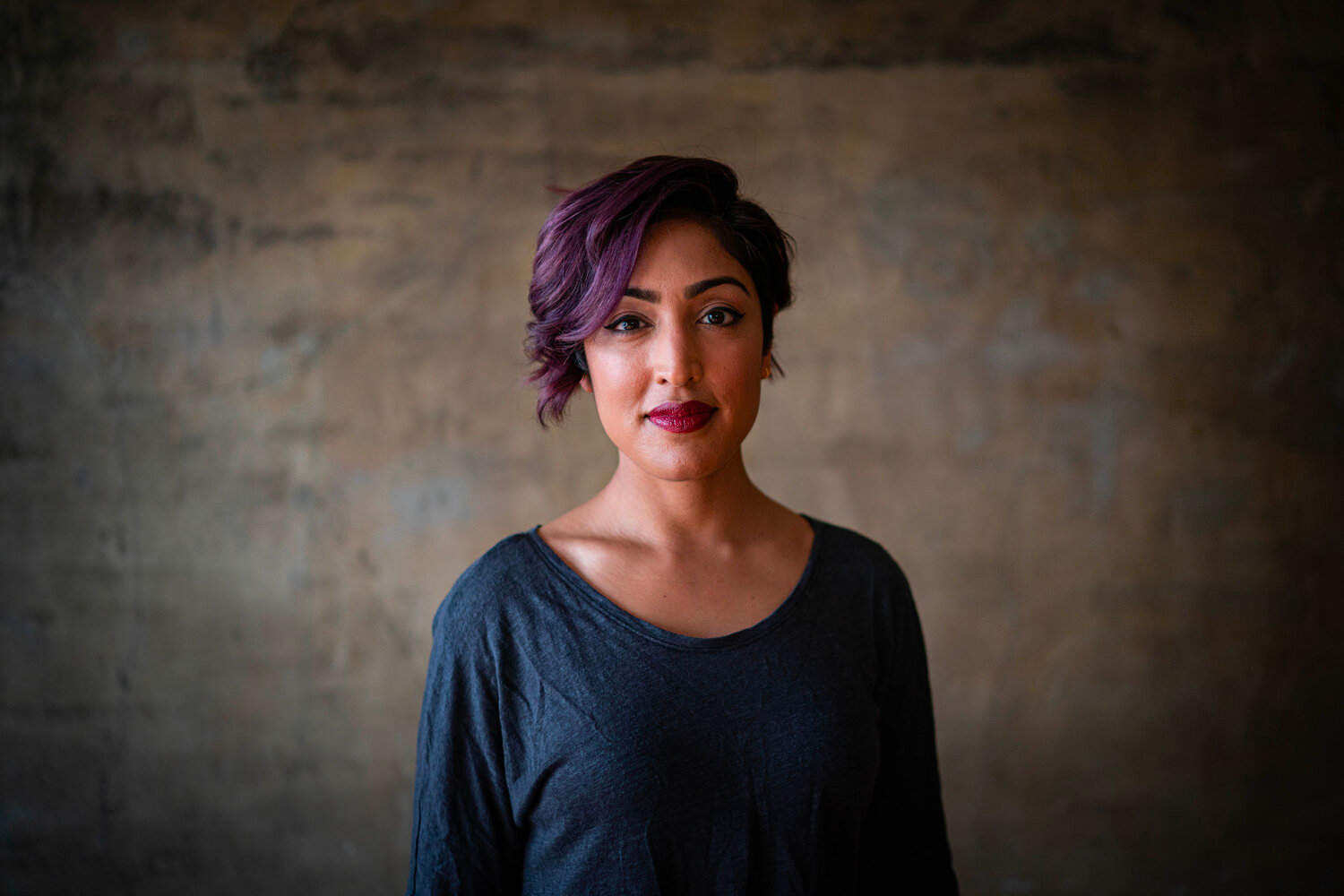Keynote Speakers
-
Angela Pisco is the head of computational biology at insitro. I am passionate about extracting meaningful information from biomedical datasets and use that to improve disease understanding and drug development. I have studied Biomedical Engineering as BSc and MSc and have a PhD in Systems Biology. My PhD work became the foundation of a new direction of thinking on why cancer develops resistance to chemotherapy, which is the major reason for treatment failure. In my postdoctoral work, I investigated the mechanisms of cellular differentiation in the skin. I developed a 3D computational model that recapitulated the observed changes in the mouse skin connective tissue and dermis during development. The combination of the mathematical analysis with experimental data led to a new understanding of how distinct fibroblast subpopulations become activated, proliferate, and deposit matrix proteins during wound healing. Before moving to insitro, I led the Data Science platform at CZ Biohub. There I made significant contributions for the whole organism cell atlas projects including the first whole mouse cell atlas, the first aging cell atlas, and Tabula Sapiens, one of the first Human Cell Atlas drafts (The Tabula Sapiens Consortium, Science 2022). I am also a founder and core member of Open Problems in Single Cell (openproblems.bio), a community effort to improve multimodal data analysis by both generating gold standard datasets and benchmarking metrics and infrastructure.
-
Dr. Rumman Chowdhury is a trailblazer in the field of applied algorithmic ethics, creating cutting-edge socio-technical solutions for ethical, explainable and transparent AI. She currently runs Parity Consulting, Parity Responsible Innovation Fund, and is a Responsible AI Fellow at the Berkman Klein Center for Internet & Society at Harvard University. She is also a Research Affiliate at the Minderoo Center for Democracy and Technology at Cambridge University and a visiting researcher at the NYU Tandon School of Engineering. Previously, she was the director of the ML Ethics, Transparency, and Accountability team at Twitter identifying and mitigating algorithmic harms on the platform. Before that she was CEO and founder of Parity, an enterprise algorithmic audit platform company. She formerly served as Global Lead for Responsible AI at Accenture Applied Intelligence. In her work as Accenture’s Responsible AI lead, she led the design of the Fairness Tool, a first-in-industry algorithmic tool to identify and mitigate bias in AI systems. Dr. Chowdhury has been featured in international media, including the Wall Street Journal, Financial Times, Harvard Business Review, NPR, MIT Sloan Magazine among others. She was named one of BBC’s 100 Women, recognized as one of the Bay Area’s top 40 under 40, and honored to be inducted to the British Royal Society of the Arts (RSA).
-
Michael Droettboom is a Principal Software Engineering Manager at Microsoft where he leads the CPython Performance Engineering Team. That team contributes directly to the upstream CPython project, and recently helped make Python 3.11 up to 60% faster than 3.10.
Michael has been contributing to open source for over 25 years: he is the former lead maintainer of matplotlib, a major contributor to astropy, and he is the original author of Pyodide and airspeed velocity. His work has supported such diverse applications as the Hubble and James Webb Space Telescopes, the Firefox web browser, infrared retinal imaging, and optical sheet music recognition.



